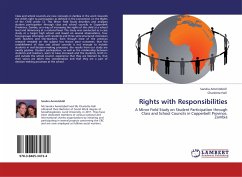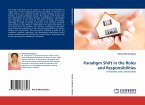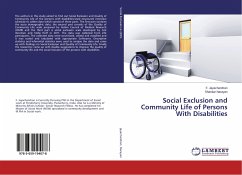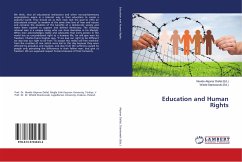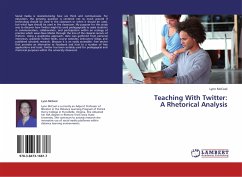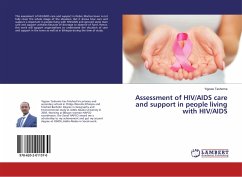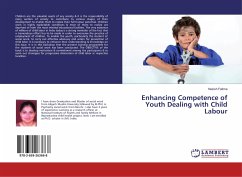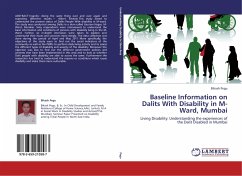Class and school councils are new concepts in Zambia in the work towards the child's right to participation as defined in the Convention on the Rights of the Child article 12. This Minor Field Study describes and analyses student participation through class and school councils in Copperbelt Provbince, Zambia, as a way of increasing the rights of the child at a school level and democracy at a national level. The study was conducted as a case study at a target high school and based on several observations, four focus-groups interviews with students and three semi-structured interviews with teachers and link-teachers. Even though most of the previous research revealed on the subject has shown poor outcomes, that the establishment of class and school councils is not enough to include students in real decision-making processes, the results from our study are mostly positive. Student participation, as well as the relationship between students and teachers, seem to have increased and the students, both in- and outside the school council, experience that they are listened to, that their voices are taken into consideration and that they are a part of decision-making processes at the school.
Bitte wählen Sie Ihr Anliegen aus.
Rechnungen
Retourenschein anfordern
Bestellstatus
Storno

